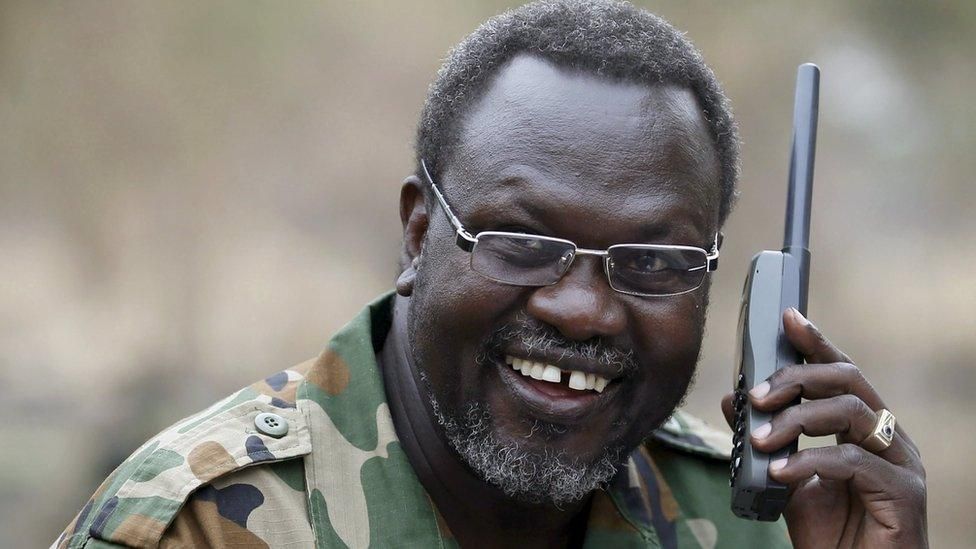
Riek Machar’s Arrest Sparks Conflict Fears
South Sudan’s First Vice President, Riek Machar was arrested Wednesday in a dramatic escalation of tensions with President Salva Kiir as the United Nations warned the country teeters on the brink of widespread violence. A convoy of 20 heavily armed vehicles stormed Machar’s residence in Juba resulting in the disarmament of his bodyguards and an ambiguous arrest warrant.
The UN Mission in South Sudan (UNMISS) condemned the actions of the Minister of Defense and the Chief of National Security, stating, “The country’s leaders stand on the brink of relapsing into widespread conflict.” UNMISS head, Nicholas Haysom emphasized that potential breaches of the 2018 peace agreement would devastate South Sudan and extend insecurity throughout the region.
The fragile power-sharing deal between Kiir and Machar has been faltering raising fears of a return to the civil war that resulted in approximately 400,000 deaths from 2013 to 2018. Analysts suggest that the 73-year-old Kiir has sought to sideline Machar through cabinet reshuffles and since February over 20 of Machar’s allies within the unity government and army have been detained.
Violent clashes have erupted, particularly in Upper Nile State, where government forces reportedly attacked military training centers established for integrating opposition forces into the unified army—a key component of the peace deal. Machar’s military wing condemned these actions as “terrorism” and called for international intervention.
The escalating violence and political instability have instilled fear among residents. Lilian Sukeji, a Juba resident, expressed her concerns, stating, “I feel like we are going back to war while we still need peace. Our leaders need to embrace dialogue rather than guns.”
Despite Kiir’s claims of commitment to peace following a meeting with church leaders, recent clashes indicate a worsening situation. International observers, including Norway and Germany have closed their embassies in Juba. The British and US embassies announced reduced staffing and urged citizens to evacuate signaling the mounting concern over the potential for a broader conflict in South Sudan.
